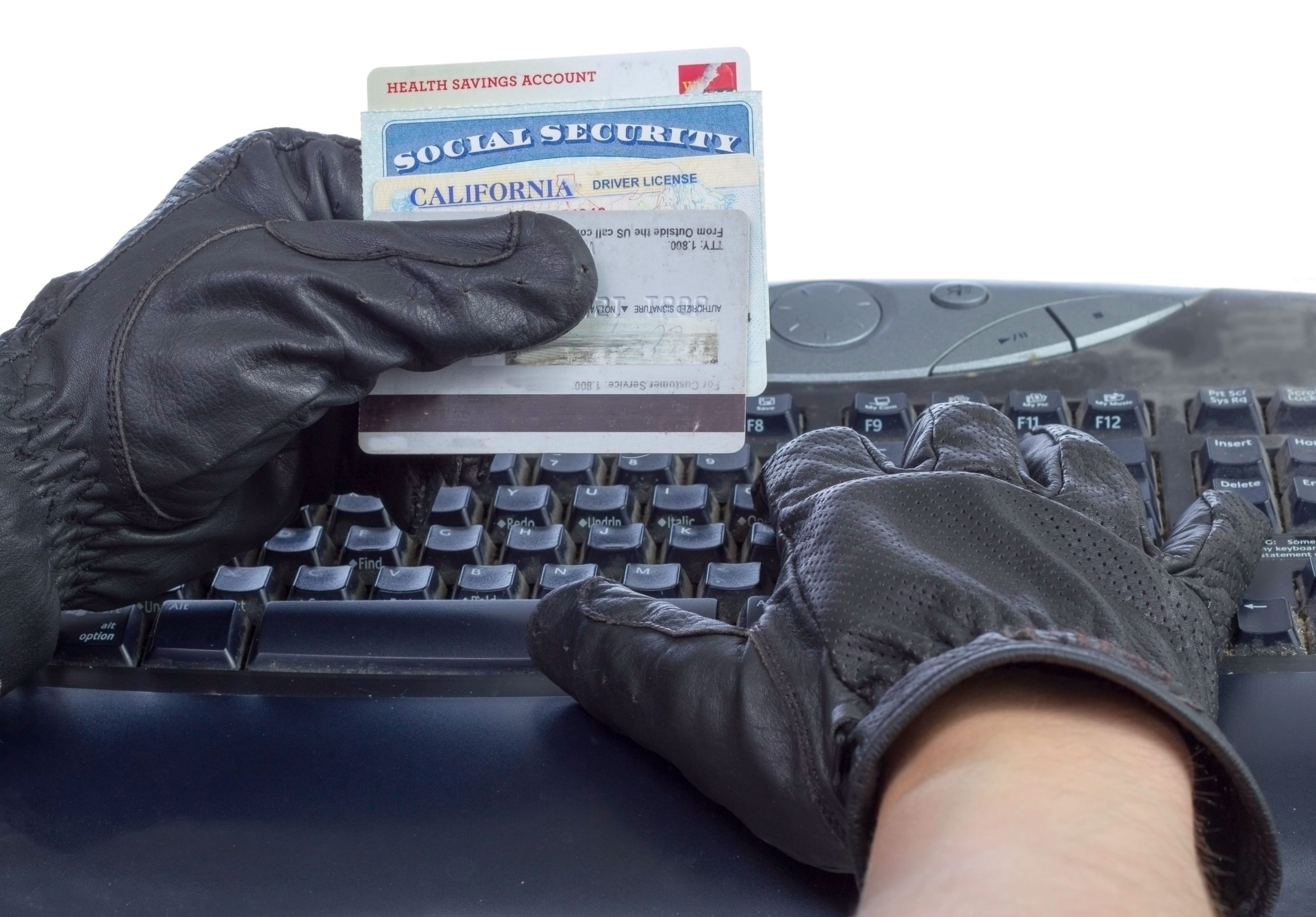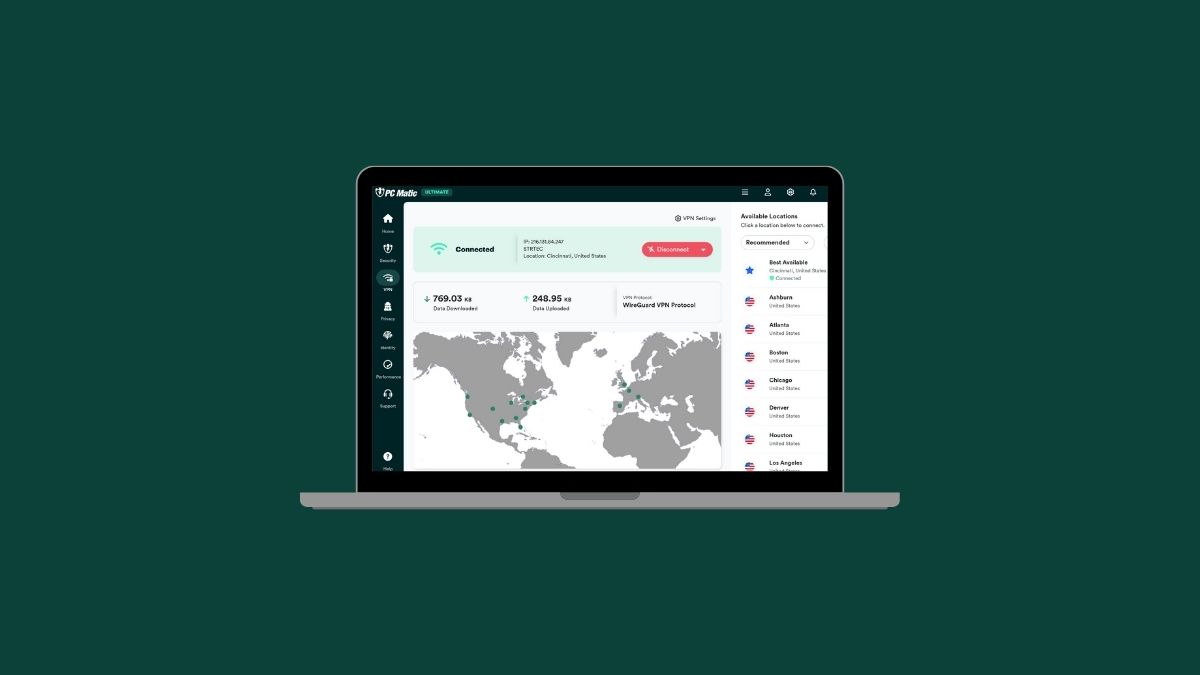If you discovered that you’re a victim of identity theft, you’re feeling stunned and worried at the moment. Even worse, you don’t know what steps you want to take. If there is solid evidence that you are indeed a victim, you need to report it to the proper authorities.
As a safety precaution, you want to talk to your bank or credit card companies to freeze any cards you may have temporarily until the situation is sorted out. It would also help to notify law enforcement of the situation. Your financial future depends on the next steps you take in order to prevent further damage done.
This guide will cover everything you need to know about identity theft and how it can be reported. Whether it’s checking your credit report for something out of the ordinary or a charge you never authorized, it’s important to know what to do when an incident like this happens.
Let’s get started right now.
Recognizing the Signs of Identity Theft
Before going further, let’s address the signs of identity theft that exist. It’s no secret that identity thieves are highly skilled. However, you must be aware of the common red flags that may point to possible fraud activity.
Let’s take a look at what you need to keep your eyes peeled for:
- Unauthorized transactions: As we mentioned earlier, this includes unexpected charges or withdrawals on your credit card or bank statements.
- Unfamiliar accounts or charges: If you discover new accounts or debts you never authorized or opened, this can be a huge red flag.
- Suspicious emails or calls: In the digital age, it’s all too common to see suspicious emails or calls. This includes phishing emails that may look like the real deal. However, you need to keep a close eye on details such as the link address provided.
Phone calls that request personal information or payments are also something you need to avoid. This includes account numbers, P.O. Box addresses, uploading a photo of your driver’s license, and others. With one click of a link, scams can occur. And you may already be an identity theft victim because of it.
If you answer the phone and this information is requested, do not provide it. Even if they pose as debt collectors, you may have had no ties with the company that they claim to be.
Do not click on suspicious links that can be easily posted on social media.
Immediate Actions You Must Take
If it is confirmed that you are a victim of identity theft, the last thing you need is to hesitate. You need to take immediate action in order to avoid any further damage. This section will serve as a guide of what you need to do right now:
Contact your financial institutions
First, you need to do a security freeze or close any bank accounts, debit cards, or credit cards that have been affected. This will be your first line of defense in preventing any further unauthorized transactions. Next, you’ll need to change passwords and PINs that are linked to your account to ensure they are not intruded again.
The fraud department of these financial institutions will be available to help you take the necessary steps after yo have completed the above mentioned.
Contact the credit bureaus
Next, you will need to place a fraud alert on your credit reports with the major credit bureaus. They include TransUnion, Equifax, and Experian. The alerts you place will inform them to verify your identity before extending your credit.
Afterwards, you’ll want to request a free copy of your credit report. A free credit report will allow you to review and spot any suspicious activities. If you have discovered identity theft by way of reviewing a credit report, you can go forward with the fraud alert as mentioned above.
Credit reporting agencies will do their part to ensure that no further theft will occur – especially when you take the necessary precautions. This includes implementing a credit freeze.
File a police report
This next step will be crucial. You want to file a police report as soon as possible. Please be sure to gather any evidence of identity theft including the fraudulent charges or accounts. Report the crime to your local law enforcement agency.
The police department will also write a police report of their own as part of the investigation. You will also keep a copy of the police report in order an an identity theft affidavit as part of the process.
Report to Government Agencies
Once you have reported identity theft to the proper financial institutions, credit bureaus, and law enforcement, now you need to report it to relevant government agencies. They include but are not limited to the following:
Federal Trade Commission (FTC):
You’ll want to file a complaint with the FTC, who is responsible for consumer protection against ID theft. For more information and resources, please visit IdentityTheft.gov
Internal Revenue Service (IRS)
If taxes is related to identity theft, the IRS must be contacted in order to report the issue.
Social Security Administration (SSA):
If your social security number has been compromised, you need to immediately report it to the SSA. This will ensure your number will not be misused any further.
Any relevant agencies
Depending on the nature of the identity theft, you’ll want to consider reporting to agencies that will be relevant to your situation. Your state’s Attorney General office and consumer protection agencies will also be good options.
These agencies may have a hotline where you can report identity theft and seek other resources.
Keeping Records and Documentations
As the identity theft reporting process continues, you want to keep accurate records of all correspondence and actions taken. This includes credit card statements, reports filed by local police, credit reports, and any other communications with creditors or agencies.
These records will be helpful and ensure that the situation will be solved promptly. Your recovery plan will also require you to keep any necessary documents to help you restore your identity and further protect it.
Monitoring and Recovery
After initial reporting, staying vigilant should be a must. This includes frequently monitoring your financial accounts and credit card statements. If you notice a new credit card being open that you didn’t authorize, report it immediately.
It would also help to improve your credit score by managing your finances responsibly. Consider advice from a credit counselor or a financial advisor. You can also monitor your progress by requesting a free credit report annually from AnnualCreditReport.com
Finally, be sure to monitor your inbox to prevent data breaches.
Don’t forget to be careful regarding sharing personal information – especially when it’s over online mediums such as email, social media, and other forms of communication.
Final Thoughts
Identity theft is a serious situation. If you become a victim, please be sure to follow the necessary steps above. If you haven’t been affected, it’s important to take the preventative measures that will provide you with peace of mind now and in the future.
It’s always a good idea to keep a sharp eye on things. If you get something claiming to be from your financial institution that is requesting information (and if it looks or seems suspicious), ignore it and be sure to make notes. This way, you can call the institution itself to ask what you’ve received was real or fake.
Stay sharp and keep your identity on guard at all times.




